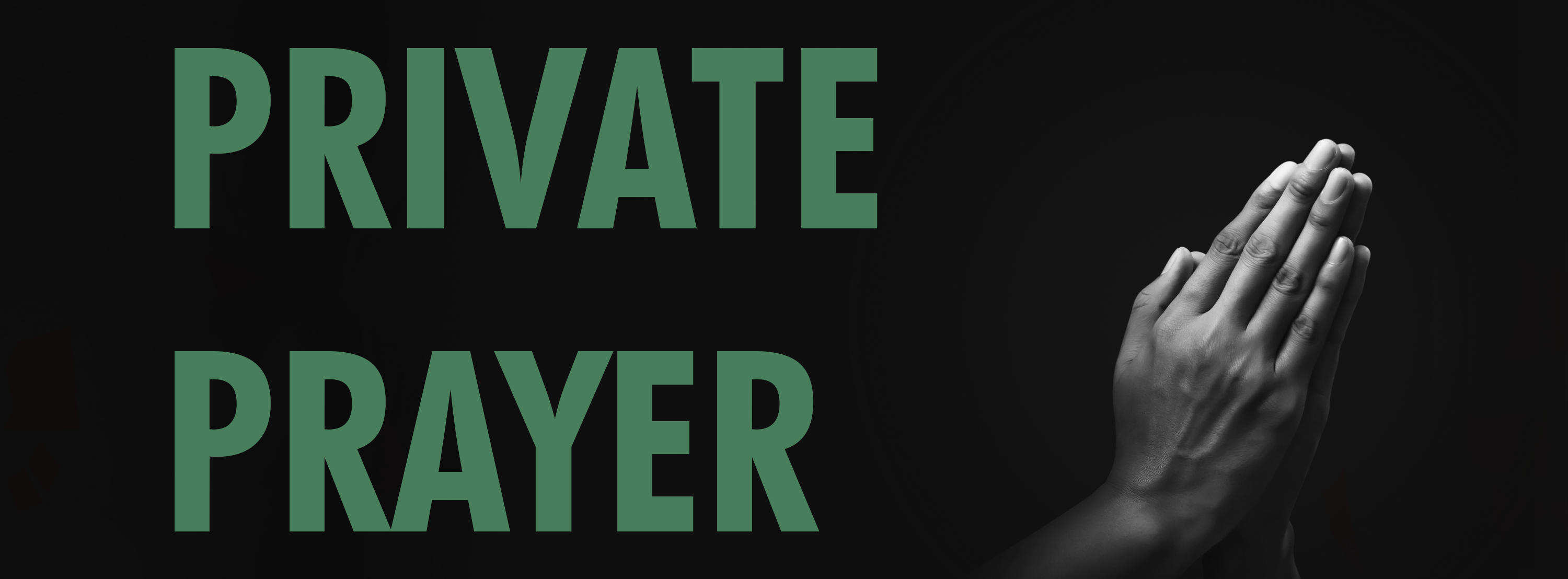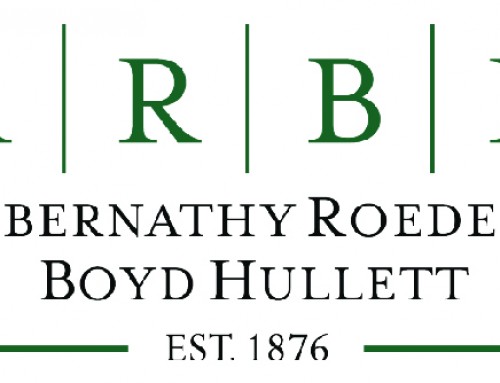In a 6-3 vote, the Supreme Court ruled in favor of a high school football coach who lost his job for praying after games at the 50-yard line after the District attempted to provide reasonable accommodations for the Coach to pray in a non-public way. After his termination, Coach Kennedy alleged that the District infringed on First Amendment rights by violating the Free Exercise and Free Speech Clauses of the First Amendment.
The Free Exercise clause protects an individual’s religious observance from “government reprisal.” The Court noted Coach Kennedy’s free exercise of religion was burdened when the District terminated him for a “sincerely motivated religious exercise” at the end of games. The coach was not leading prayers with the team but was solely praying quietly without his students. While the dissent argued that by virtue of being the coach of the team, other students felt coerced to join the prayer time, the majority, led by Justice Gorsuch did not find this argument persuasive or supported by the case record.
The Court also found Free Speech Clause of the First Amendment as Coach Kennedy offered his prayers outside the scope of his coaching duties. Therefore, the Court held the prayer amounted to private speech that was protected by the First Amendment. Specifically, the Court found that the Coach “was not instructing players, discussing strategy, encouraging better on-field performance, or engaged in any other speech the District paid him to produce as a coach.” Ultimately, the Court found Coach Kennedy’s prayers did not exist because of his duty as a public employee.
Key Takeaways: An individual employee has the right to a private moment of prayer as they do not shed their constitutional rights at the schoolhouse gate. This is particularly true when the individual is not responsible for students or the speech issued is not owed to their role as a public employee. Therefore, exercise caution when utilizing discipline for a public employee engaging in prayer during a school-sponsored activity. The analysis has become more complex and appears to favor employees’ rights to pray, more so than the clear separation of church and state while an employee attends a school-sponsored event.
This article should not be construed as legal advice related to any specific facts or circumstances. Although this article covers legal subjects, it is intended to educate readers and not to provide advice that will be the basis for action or inaction in any specific circumstance. Viewing these materials does not create an attorney-client relationship between Abernathy, Roeder, Boyd & Hullett, P.C. and the reader or the reader’s institution. For circumstance-specific legal advice, please directly contact a licensed attorney.



Leave A Comment